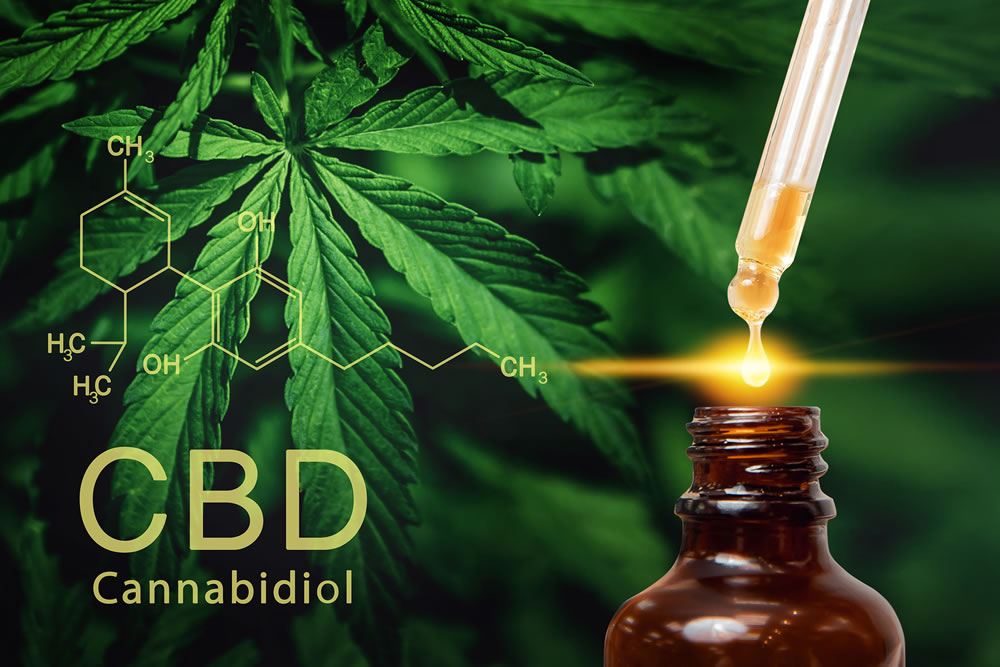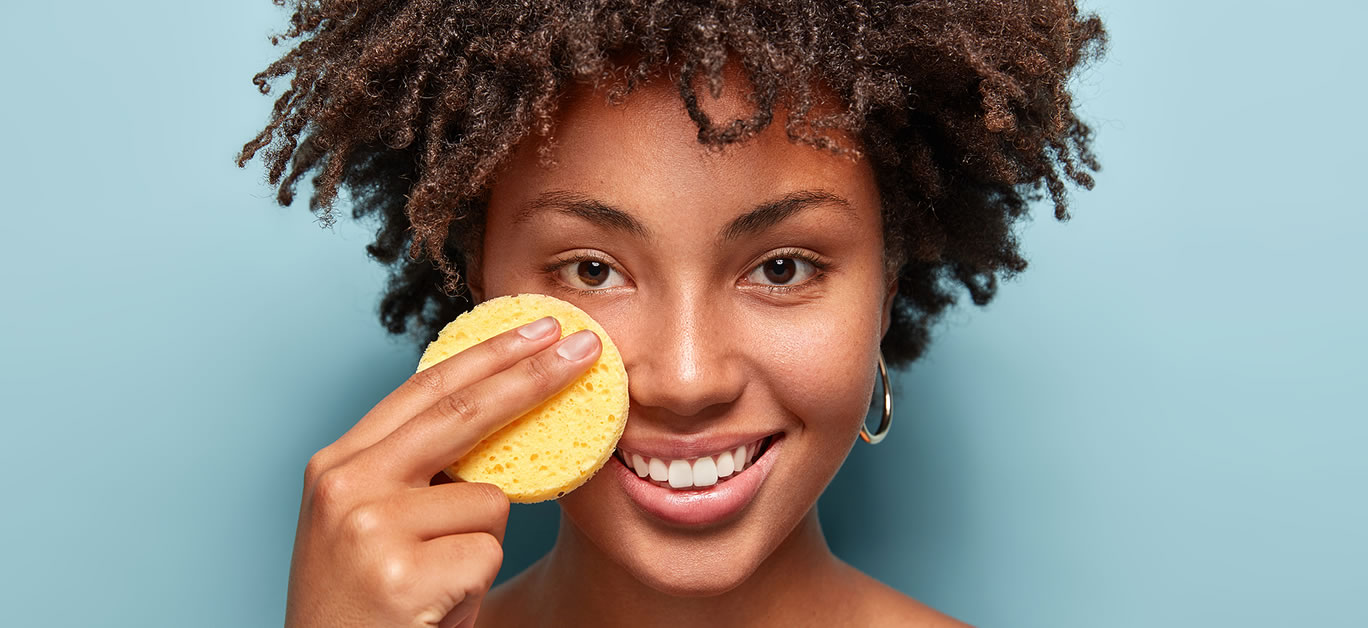From bad hair days to fashion fails, there are all sorts of things that can have an upsetting impact on any carefully crafted image, but few things are likely to cause such a blow to your confidence as acne.
Acne is a dermatological condition that affects almost everyone at some stage of their lives. In fact, according to the NHS, it affects an astonishing 95% of people between the ages of 11 and 30.
Of course, while this might be the case, not everyone experiences the same levels of acne, with some suffering from far worse outbreaks than others. In these cases, it is often much more difficult to manage and treat, and can feel like an uphill struggle trying to get it under control.
If you’ve ever experienced acne yourself, then this might sound familiar, and if you’re still dealing with the condition from time to time now despite having tried all of the lotions, potions and lifestyle advice out there, then all the more so.
Sadly, there’s no ‘one size fits all’ remedy for acne, but it might surprise you to learn that your approach to acne treatments could be the issue. With such a plethora of advice out there, it can be difficult to determine which will work for you, so if you haven’t had any luck so far, then it might be time to mix things up a little.
If you’re eager to finally find an effective way to attack your acne and regain your confidence, too, then read on, because here’s all you need to know to survive bad skin days.

Frequently washing affected skin doesn’t help
Contrary to popular belief, acne is not a result of poor facial hygiene – and washing your face even more is not the solution, either. In fact, over-washing can exacerbate the problem and make things worse, irritating the skin and stripping it of its natural oils. And while it’s true that excessive sebum production does play a role in acne outbreaks, removing your skin’s natural oils is a recipe for disaster, as this will only cause it to overcompensate by producing more.
Instead, stick with a ‘normal’ daily hygiene regime. Use a mild facial soap or cleanser and warm water on the acne-affected skin. Don’t try to use icy cold or boiling water on acne-affected skin, it’ll only make things worse! So, the lesson here is simplicity, and less is always more.
Attack the different causes of acne
Acne breakouts aren’t just limited to the face, and can also occur on the back or chest. The reasons for this are varied, but it’s important to get to the root cause, as only then can you treat the issue effectively.
For example, acne can occur on any part of the body due to food allergies and intolerances – gluten and dairy being some of the most common. It can also be down to factors such as hormonal changes in the body, or the medications taken for other medical conditions.
If the cause is an internal one, such as your diet, then topical treatments on the affected area won’t be enough to help, and likewise, changing things on the inside may not be enough to do the trick if the cause is external, for example, a bacterial infection.
If you want to significantly reduce your level of acne and potentially stop recurring breakouts, you must attack all of the possible causes of acne, rather than just one. Here are some ways that you can do so.

Diet
Scientific studies have shown that eating excessive amounts of foods rich in carbohydrates can cause extreme acne breakouts. It’s worth examining what you eat and reducing your carbohydrate intake to reduce your acne. The same, as mentioned previously, can be said for dairy and gluten – so try an elimination diet before gradually re-introducing foods so that you can work out if any are having an effect.
Hormones
When teenagers go through puberty, they will almost always experience some level of acne, and this is due to hormonal changes in their bodies. For many youngsters, hormonal acne will decrease and even disappear entirely as they become teenagers and young adults.
However, some adults – particularly women – may have increased levels of certain hormones (androgens) that cause sebaceous glands to enlarge and increase sebum production. As a result, excess oil on the skin and dead skin cells can block skin pores and cause acne. To find out if this is the case, see your doctor for blood tests. They may be able to recommend some medical treatments to address the issue, such as the pill or other contraceptives – although be warned, as these can come with other unwanted side effects.
Medication
On the subject of side effects, the unfortunate truth is that Western acne medications can also come with numerous side effects. Even worse, acne can actually be the result of side effects from other medications you are already taking, so it’s wise to investigate this further and talk to your GP if nothing else is seeming to help.
Medication that contains corticosteroids, testosterone or lithium can increase the intensity of acne breakouts, but the good news is that there are often alternative treatments are available.

Look to nature for help
Although it’s always wise to consult your doctor for advice on acne treatment, pharmaceuticals and medicated topical treatments are not your only choice.
Many people who find themselves experiencing acne breakouts are understandably reluctant to use such products to treat their acne, and the good news is that there are many effective natural remedies out there that can offer real results of their own.
CBD oil, for example, is a promising and easy way to help treat acne breakouts. Scientific studies have shown it to be effective due to the way in which CBD interacts with the body’s immune system, resulting in lower sebum production.
Vitamin and mineral deficiencies in your body are other common causes of acne breakouts, and do not require medical intervention in order to treat.
Zinc, in particular, has been shown to play an essential role in treating severe and inflammatory acne. Scientific studies have confirmed that acne sufferers have low zinc levels compared to people with clear skin, so an over-the-counter zinc supplements from your local pharmacy or health food store could be all you need to rectify the situation. You can also try to add more zinc-rich foods, such as meat, shellfish and legumes, to your diet.
Whatever the cause of your acne, gently moisturising the affected area with aloe vera is always a wise move. Aloe vera contains salicylic acid and sulphur, two ingredients that are effective in the treatment of acne, and helps to calm and soothe the skin to minimise redness.

Minimise aggravation
As we mentioned previously, no research has shown that acne is a result of a poor personal hygiene regime – but there is evidence that the build-up of dead skin cells, dirt, and bacteria on things that touch your skin can aggravate the condition.
Examples of such items include clothing, pillowcases, scarves and hats, as well as mobile phones. It makes sense to wash your clothing and bedding regularly to tackle the things that can cause acne outbreaks. Some people recommend changing bedsheets each week and pillowcases twice-weekly. Your mobile phone should be wiped with a gentle, non-toxic disinfectant weekly too, to keep it germ free.
You may wish to invest in washing powder or liquid suitable for sensitive skin as some products can aggravate acne outbreaks.
Final thoughts
Acne is a medical condition that affects most people at some stage of their lives, and aside from being unsightly and sometimes painful, it can also damage an individual’s self-confidence, but the good news is, you don’t have to live with it.
While there’s no ‘cure’ for acne, the good news is you can keep it under control and, in many cases, prevent recurring outbreaks by taking a targeted approach to treatment.
Your GP or local pharmacy can give you advice on products you can try, but the best thing you can do for healthy looking skin long term is to get to the root cause as, from here, you’ll be on the path to success.






















